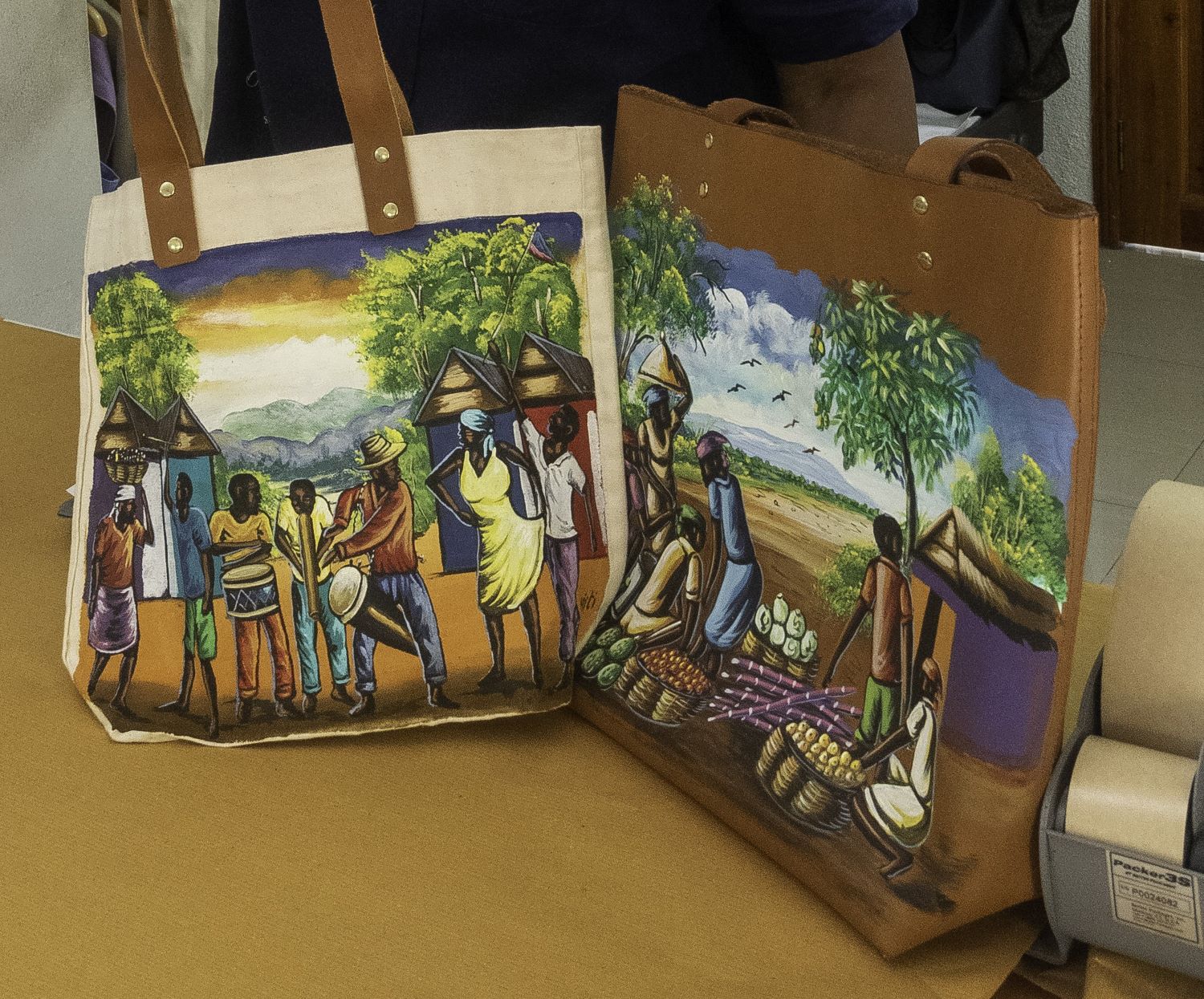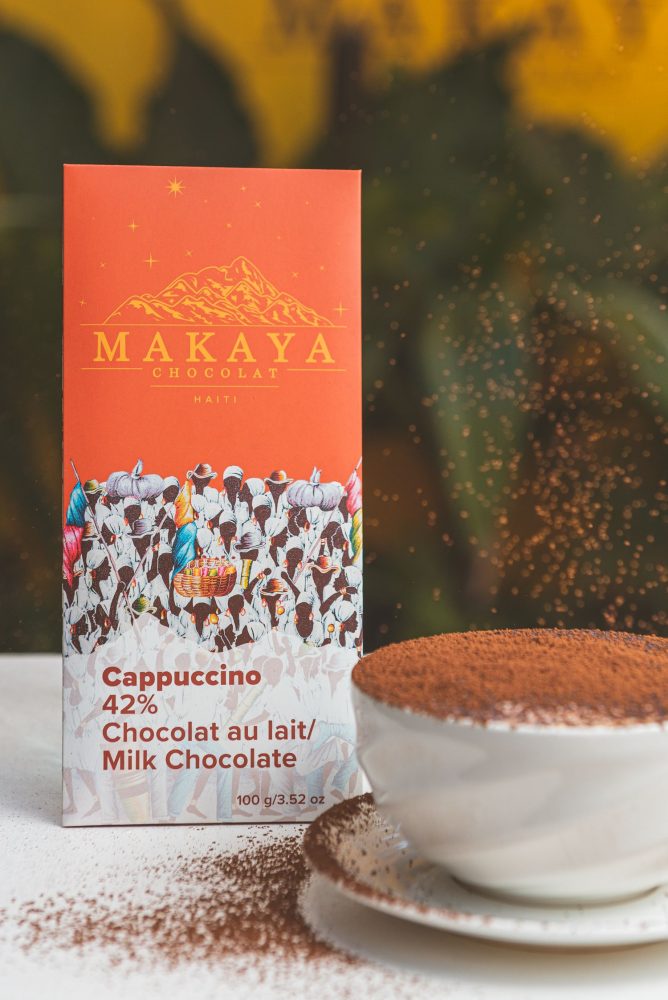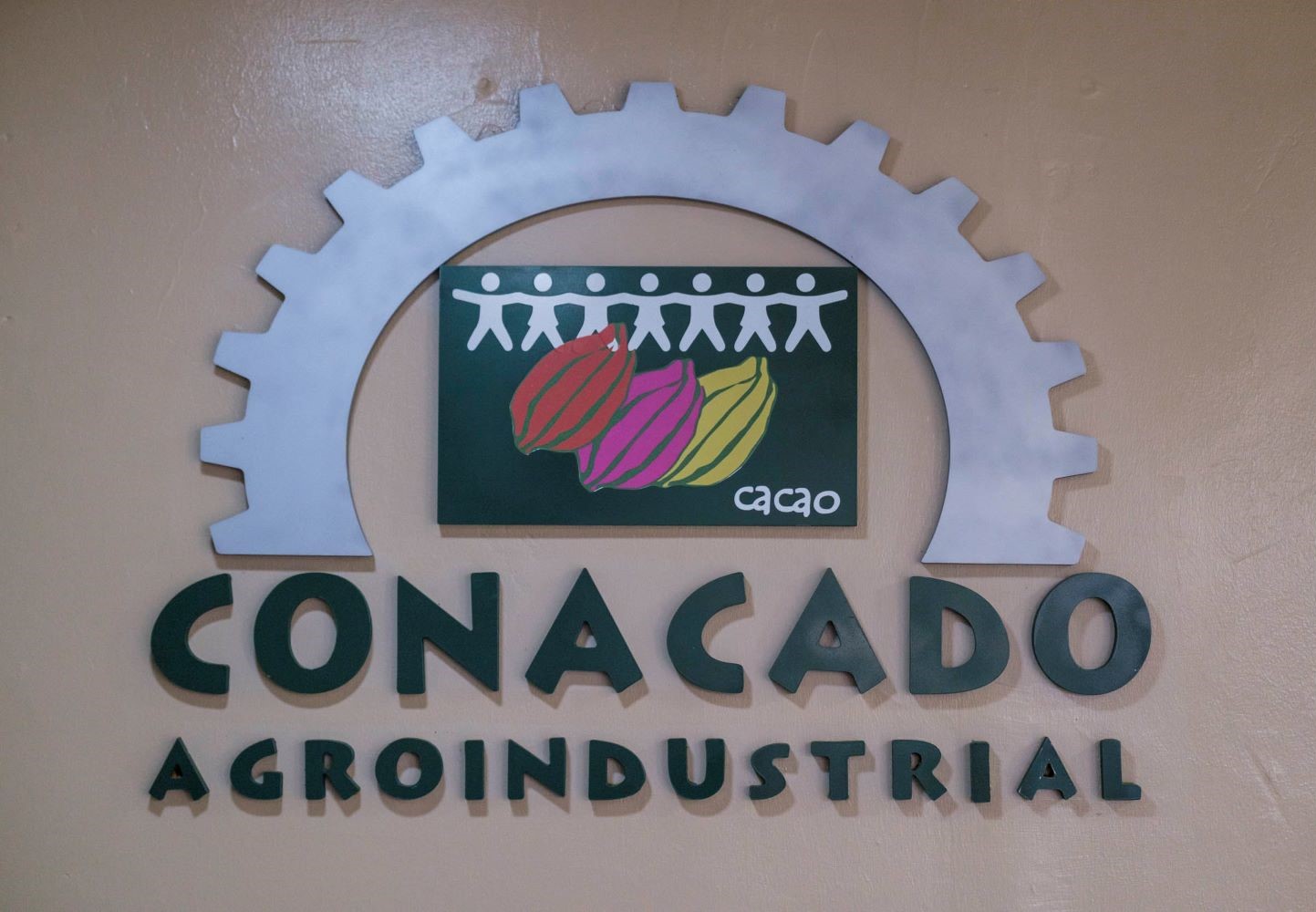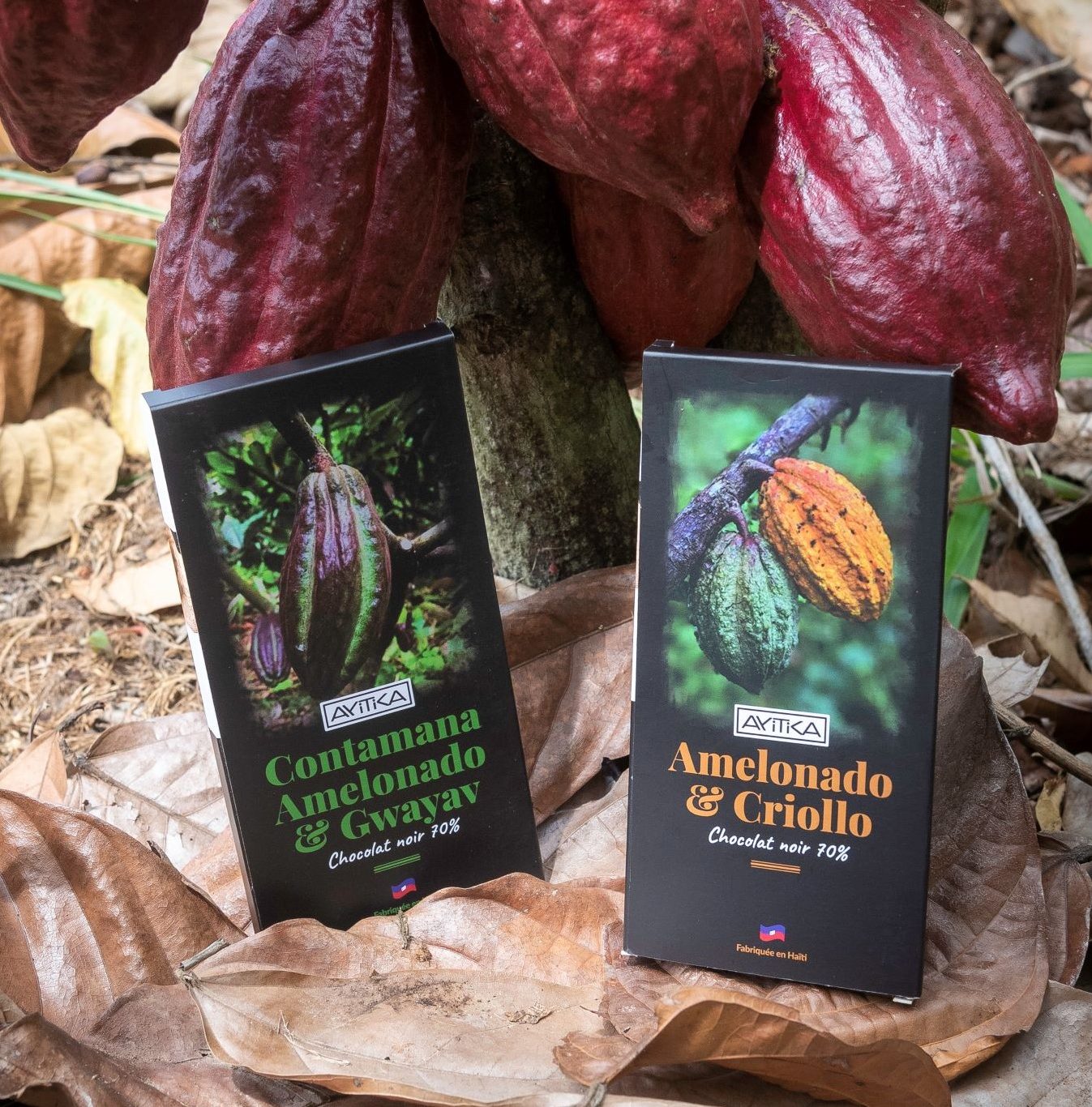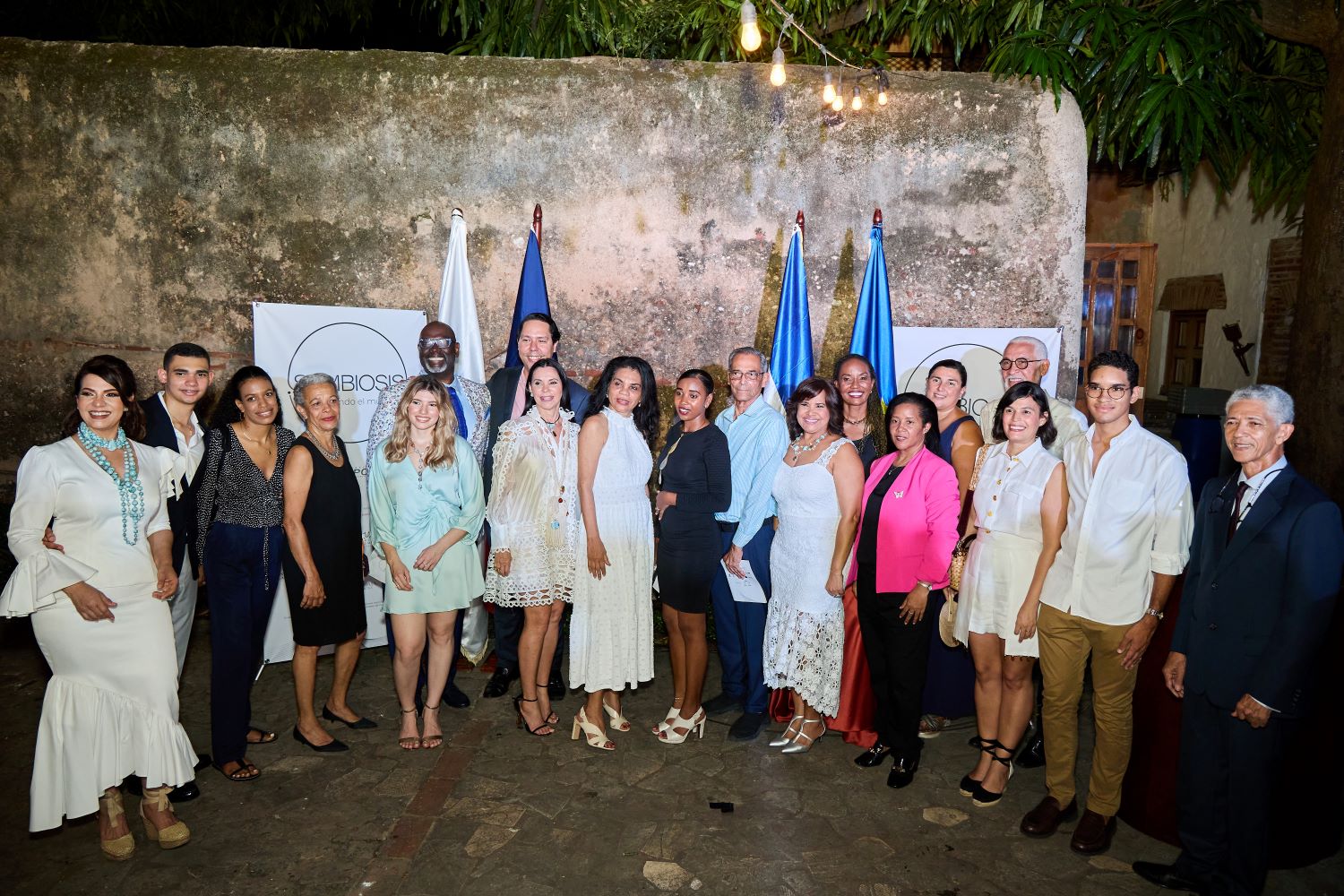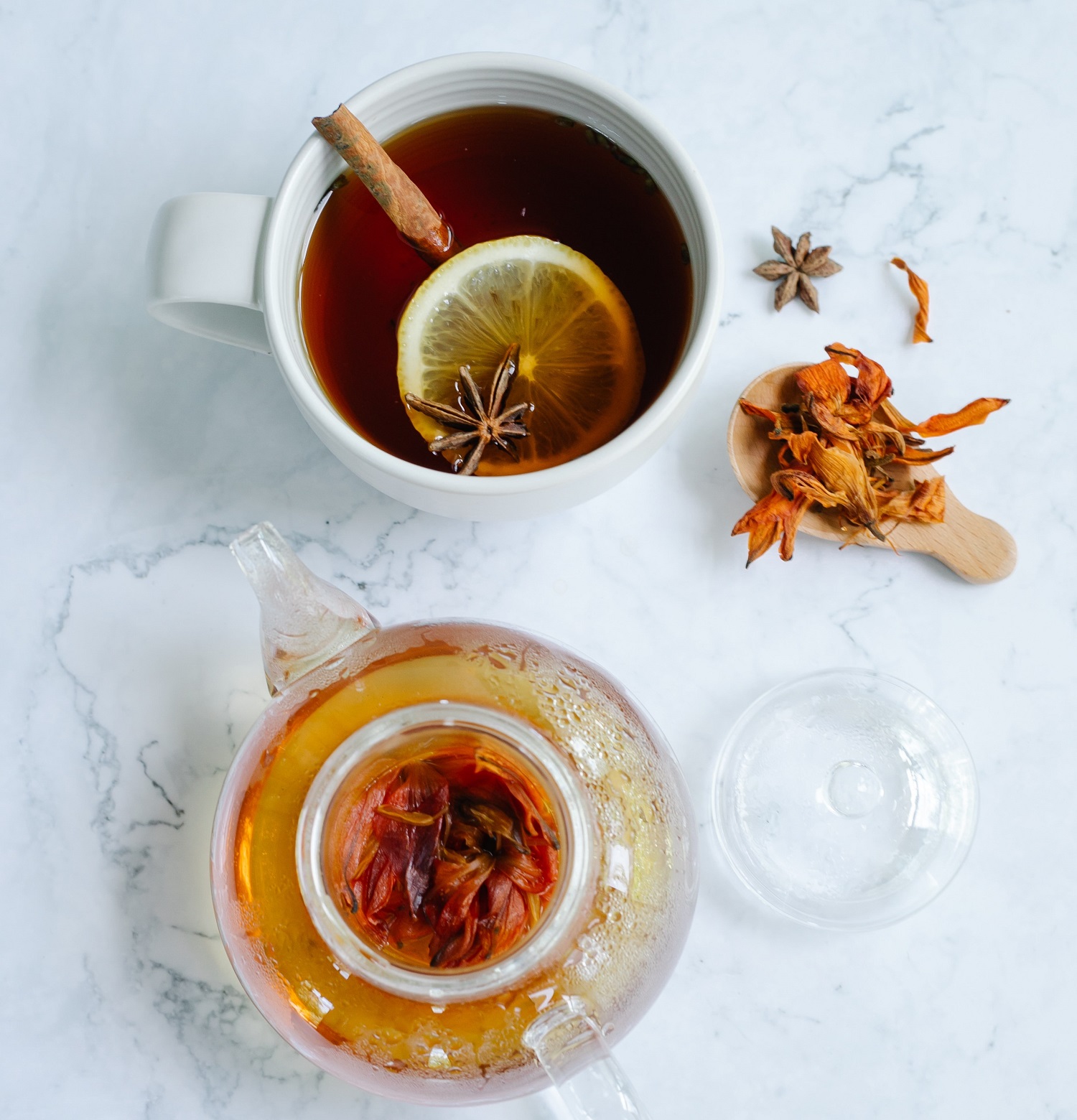The trajectory of the laboratory’s evolution makes it a model of business resilience.
After a vast managerial career in some of the most prestigious companies in the country, at the age of 45, Noel Ureña wanted to become an entrepreneur against all odds: “Many people told me that I was crazy. How could I leave a well-paid job to start a company from scratch”. Although not entirely; it is true that the company he managed to acquire with the capital he had at the time did not resemble the multinationals in which he excelled as an executive, the basic structure of the business was defined. A sketch from which to start. And so it was that Mi Kakito, went from selling shampoo in sachets (1978), to become what we know today as MK Laboratories, producer of several brands of hair care lines, pioneer in the Beauty Products Cluster of the Industrial Innovation Program of the Association of Industries of the Dominican Republic, AIRD.
The letters MK for Mi Kakito, evolved to MK for “Master Knowledge”: maximum knowledge in what we do,” explains Ureña, who preserves the company’s first brand for the nostalgic market and has been introducing subtle changes to the graphic line to bring it in line with the new times. In 2008, the packaging of Mi Kakito products was changed from sachets to plastic bottles. But, before that, in 2005, MK Laboratories was already prepared to launch new product lines in response to the needs identified in market studies and after analyzing the costs of importing the most important raw materials: essential oils, whose quality must meet the standards of the certifications obtained by MK Laboratory, ISO 9001 Quality Management System, ISO 22716 certification that guarantees the implementation of good manufacturing practices to control the hazards and risks associated with cosmetic products, as well as local certifications granted by the Ministries of Public Health and Environment.
From 2005 to 2007, MK Laboratories launched its Finely and Sedoso hair product lines, available in stores and supermarkets, and the Vitaly line for professionals, available in beauty salons and authorized centers. In 2016, Ebo Beauty was born, for sale only on Instagram.
Laboratorio MK’s philosophy of continuous improvement and vision towards excellence has been translated into national and international recognition. In 2013, they obtained the SME Excellence Award granted by the Ministry of Industry and Commerce; the National Quality Award from the Private Sector in 2014 in the Small Business category, and in the same contest, a Bronze medal in the Large Business category. This is the highest recognition at the national business level that is awarded to the quality management and excellence of Dominican companies dedicated to the production of goods and services. Laboratorio MK has also been recognized by the National Association of Industries of Herrera, and internationally by MasterCard in its Latin American SME Success Stories award.
Caribbean Export arrived at the right time
At a time when MK Laboratory was preparing to expand, the largest volume of sales, around 90%, was exported to the United States (New York, Boston, Laurence, and Puerto Rico), as well as Panama and Colombia. The company applied and was selected to participate in the Binational Value Chain Strengthening Program in the essential oils/cosmetics line implemented by Caribbean Export as part of the trade and private sector support component of the Haiti/Dominican Republic Binational Program financed under the 11th International Trade Agreement. European Development Fund. Through this program, MK Laboratories was able to develop activities that allowed them to recover quickly from the ravages of the pandemic on the national economy and their business.
Among the program’s achievements was the donation of an automatic labeling machine which, according to Ureña, tripled the quantity of finished products and, as a result, increased production. “We are projecting earnings of more than double digits,” Ureña explains. In addition, technical assistance was provided to optimize the company’s technological systems in order to make processes more efficient and achieve the objective of expanding the export market, for which Caribbean Export offered advice on market research “at destination”, i.e., in the field of study. “In Puerto Rico, Boston and Miami, we visited the main distributors that handle products similar to ours, stores, commercial chains, Beauty Supplies, among others, and we were able to gather information to work on sales strategies and expand our client portfolio. MK’s president describes the mission as successful, as they have been able to negotiate with three potential international clients with tangible purchasing possibilities.
As former president of the Beauty Products Cluster of the Industrial Innovation Program of the Association of Industries of the Dominican Republic (AIRD), Noel Ureña, president of MK Laboratories, believes that the expansion of its products contributes to the presence of the Dominican brand in international markets, strengthening the reliability and prestige of the destination, which makes it attractive to future investors. The impact would result in the strengthening of the Dominican economy and, therefore, the development of society.
